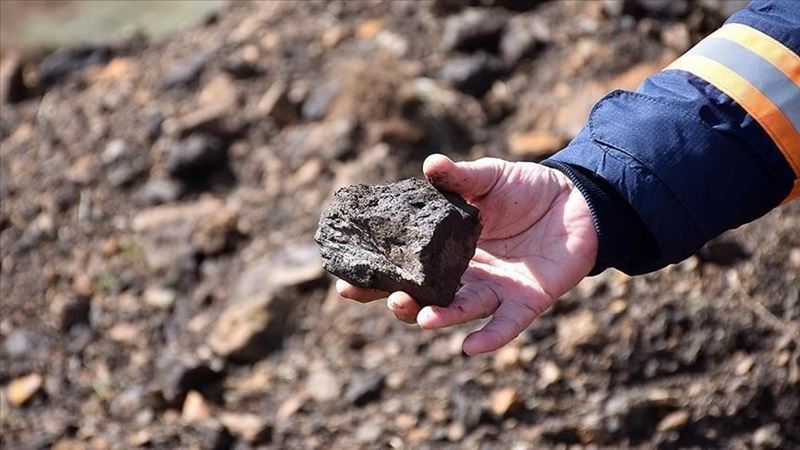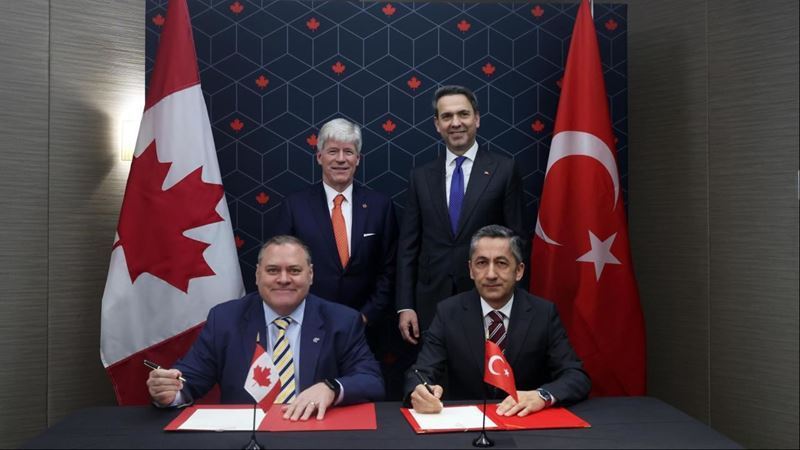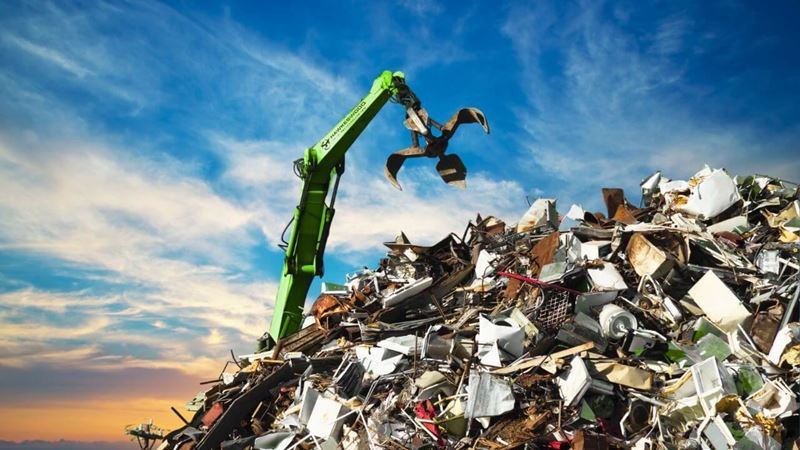Since April 2025, only a quarter of the hundreds of export license applications submitted to Chinese authorities have been approved, CLEPA stated. While some of the rejected applications were explained on bureaucratic grounds, application criteria vary by region, increasing the unpredictability of the process.
BMW: Supply chain disruptions
German automotive manufacturer BMW has confirmed that it has experienced disruptions in some links of its supply chain due to China's export controls. The company said there have been delays in the supply of NTE, which is used in magnet production and electric vehicle parts.
Critical elements on the new restriction list
In April, China decided to require licenses for the export of medium and heavy rare earth elements such as samarium, gadolinium, terbium, dysprosium, lutetium, scandium and yttrium. Chinese customs were also authorized to seize shipments containing these elements.
China continues to dominate the global market
According to data from the US Geological Survey for 2024, China has the largest reserves of rare earth elements in the world with 44 million tons of reserves. This corresponds to about 49% of the world's reserves. China also accounts for 69% of global annual production.
The European industry is accelerating its search for alternative sources in the face of disruptions in the supply of these elements, which are used extensively in high-tech sectors such as electric vehicles, wind turbines and the defense industry.











Comments
No comment yet.